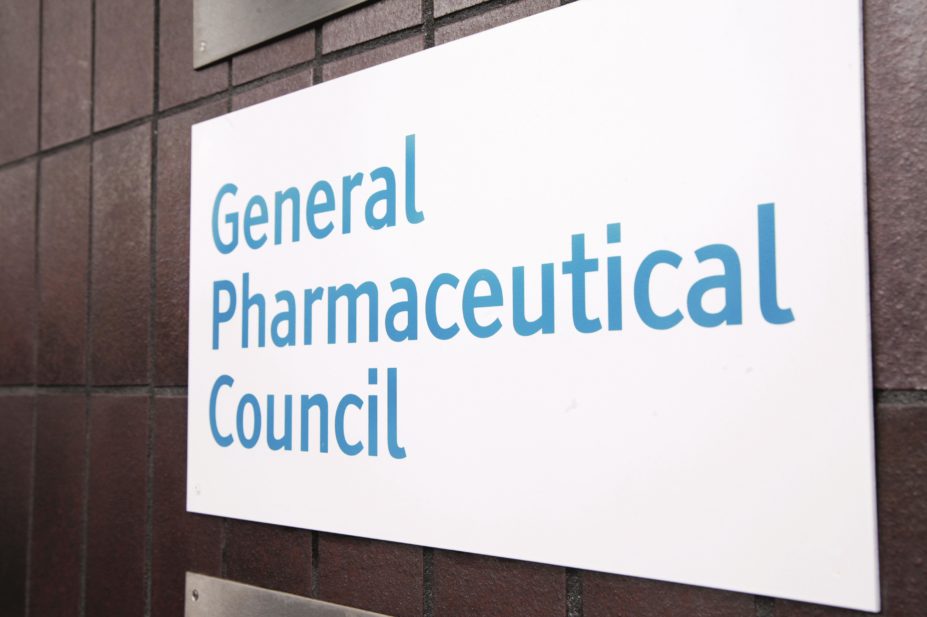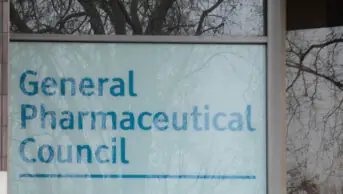
General Pharmaceutical Council
The decision of a fitness to practise (FtP) case that concluded comments made by a pharmacist were not antisemitic has been referred to the High Court by the body that oversees the UK’s health regulators.
The Professional Standards Authority (PSA) is seeking to quash a General Pharmaceutical Council (GPhC) FtP committee decision to issue pharmacist Nazim Hussain Ali with a warning, following comments he made at an Al Quds Day rally held in central London on 18 June 2017.
The FtP case was heard by the committee between 26 October and 5 November 2020. At the hearing, it was stated that, among other comments made at the rally, Ali said: “They are responsible for the murder of the people in Grenfell. The Zionist supporters of the Tory Party.”
The committee considered whether these remarks could be interpreted as antisemitic and offensive. It concluded that Ali’s words had “brought disgrace upon the profession” and that, although “the comments were not made as a pharmacist”, “it was close to inevitable that he would be identified as a pharmacist, and in due course was”.
It was judged that the comments were offensive and amounted to “serious misconduct”, and the committee “found the registrant to be impaired on the public interest ground”.
However, the committee said that “most reasonable people”, when taking into account the context in which the comments were made, would not conclude that the comments were antisemitic.
During the hearing, Ali admitted his words were “grossly offensive”, and the committee noted his “genuine and heartfelt” apology and concluded that there was no risk of repetition of the comments.
But it said that “ordinary right-minded people would have their confidence in the profession, and the regulator, undermined if there was no finding of impairment”. The committee therefore issued Ali with a warning that “his future behaviour must at all times avoid undermining the reputation of the profession, or the reputation of the regulator, and must uphold the required standards of the pharmacy profession”.
A spokesperson for the PSA said the decision to file an appeal against the decision of the FtP committee was taken “as a result of the authority’s concern that the committee had erred in its approach to a charge that the comments made by Mr Ali were antisemitic”.
“Those errors could mean that it is not possible to know whether a different outcome would have been reached in the case had the correct approach been taken, and that therefore the decision taken by the committee was not sufficient to protect the public,” the spokesperson said.
“For that reason, the authority, by its appeal, is asking the court to quash findings made by the committee and remit the case back to the committee for reconsideration, applying the correct approach to the charge of antisemitism.”
A spokesperson for the GPhC said that the regulator had “received the grounds of appeal and we are considering our response”.
“The GPhC is committed to equality, diversity and inclusion, and to taking a person-centred approach to managing concerns about pharmacy professionals that is fair, lawful and therefore free from discrimination and bias. We are considering all aspects of this case through our usual internal review mechanisms.”
Ali said: “I was put through a nine-day hearing by the GPhC FtP committee where they found me to be sincere, honest and of good standing and not guilty of making antisemitic statements. Offensive yes (which I accepted and apologised for) but not antisemitic.
“When I was up before the GPhC FtP committee this was a personal issue, this appeal by the PSA has ramifications for the free speech and civil and political rights of large sections of the British population.”
No date has yet been set for a High Court hearing.


